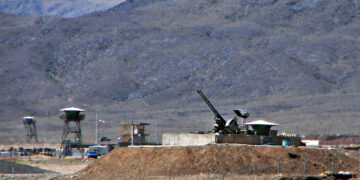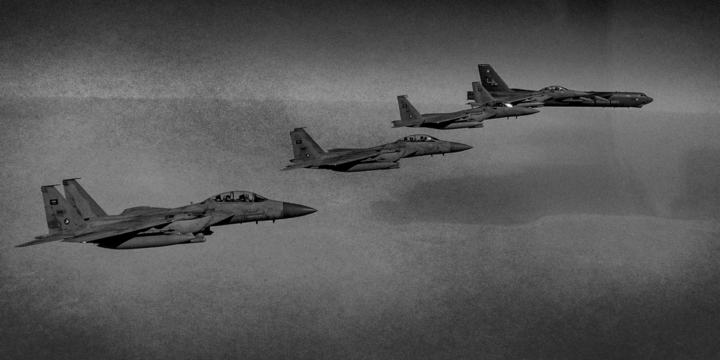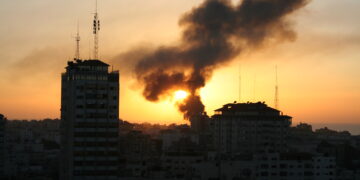
It’s been almost a year since Israel and Hezbollah, the Lebanese militia that arguably held more power in Lebanon than the government itself, signed a ceasefire to end a ferocious two-month long war. The deal couldn’t have come at a better time; thousands of Israeli air and artillery strikes had pulverized southern Lebanon, Hezbollah’s traditional base of operations, leading to a displacement crisis and killing close to 4,000 Lebanese. Whole swaths of northern Israel had been vacated due to Hezbollah missile attacks, forcing the Israeli government of Prime Minister Benjamin Netanyahu to spend money on tens of thousands of civilians bunking in hotel rooms. But the agreement is wearing thin. The ceasefire is really a ceasefire in name only. Will it hold?
Israel continues to strike targets in Lebanon, both in the south and above the Litani River, in what it claims is a self-defense measure to prevent Hezbollah from rearming. Last weekend, four people were killed in the southern Lebanese town of Kfarsir. Before that strike, the UN Human Rights office stated that more than 100 Lebanese civilians have died in Israeli attacks since the November 2024 deal was signed. The situation is getting intolerable for Lebanese politicians. President Joseph Aoun, a former army chief himself, went so far as to order the Lebanese army to confront Israel in the event of similar events in the future. The fact that Lebanon’s military capacity couldn’t possibly match up to the Israel Defense Forces (IDF) is beside the point. The larger issue is that Israel’s military actions are alienating a Lebanese government that is, if not friendly, than at least not adversarial.
What Hezbollah and Lebanese officials call violations of the ceasefire, Israel calls self-defense. Despite Israeli troops pulling out of the small portions of southern Lebanon they briefly controlled during the war, the IDF still holds five separate points on the Lebanese side of the UN-demarcated Blue Line, which is technically a breach of the terms. The Israelis, however, are tying a full withdrawal from Lebanon to the Lebanese government’s demobilization of Hezbollah. And Israel has no intention of stopping the airstrikes as long as Hezbollah is holding weapons.
More on Middle East

November 4, 2025

Featuring Rosemary Kelanic
October 16, 2025
Events on Israel






